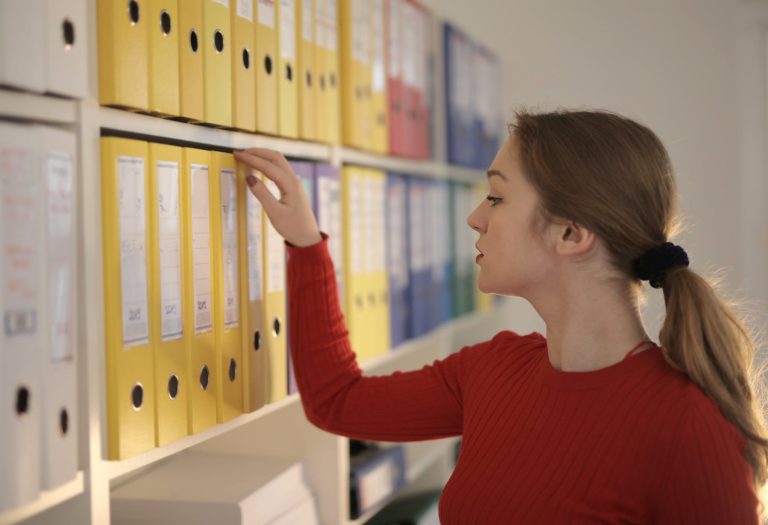Unraveling the Fabric of Pakistan’s Education System: A Dive into its Structure, Teachers’ Role, and Conventional Methods
Introduction
Pakistan’s education system is a multifaceted tapestry woven with various threads, ranging from traditional methodologies to modern approaches. Understanding its structure, the pivotal role of teachers, and the nuances of conventional education is crucial in comprehending the challenges and opportunities within the Pakistani educational landscape.
1. Education Structure: Navigating the Labyrinth
The education system in Pakistan is delineated into several tiers, commencing with primary education, traversing through secondary education, and culminating in higher education. At the secondary level, students typically undergo a two-year cycle of studies, spanning 9th class and 10th class, leading to matriculation examinations.
Within this framework, subjects like Mathematics form the bedrock of academic progression, instilling problem-solving skills and analytical thinking in students. The curriculum is meticulously crafted to cover various facets of the subject, encompassing algebra, geometry, trigonometry, and calculus.
2. Matriculation Examinations: The Gateway to Higher Education
Matriculation examinations hold immense significance in Pakistan as they serve as a threshold for students to progress towards higher education. These examinations evaluate students across a diverse range of subjects, including Mathematics, English, Science, and Social Studies, assessing their comprehension through multiple-choice questions, long questions, and practical assessments.
The rigorous preparation for these exams often involves intensive coaching, self-study, and mock tests, with Mathematics posing as a cornerstone subject that necessitates meticulous practice and conceptual clarity. The results of these examinations, including pre-medical and pre-engineering streams, serve as a barometer of academic prowess, determining the trajectory of students’ future endeavors.
3. The Merit System and Results: A Reflection of Academic Excellence
The announcement of matriculation results, especially in subjects like Mathematics, is eagerly awaited by students, parents, and educational institutions alike. The merit system governs admissions to prestigious colleges and universities, with high achievers in Mathematics often securing top positions in these exams.
The emphasis on Mathematics stems from its pivotal role in various fields, including engineering, medicine, economics, and technology. Students who excel in Mathematics are poised to embark on promising career paths, equipped with the analytical acumen and problem-solving skills demanded by today’s dynamic job market.
4. Role of Teachers: Architects of Knowledge
In the Pakistani education system, teachers play a pivotal role as mentors, guides, and facilitators of learning. Their dedication and expertise shape the educational journey of students, providing them with the necessary guidance to navigate through challenging subjects like Mathematics.
Teachers employ diverse pedagogical approaches, ranging from lectures and demonstrations to interactive sessions and problem-solving exercises, to cater to the diverse learning styles and aptitudes of students. They serve as catalysts for intellectual growth, fostering a love for learning and inquiry-driven exploration among their pupils.
5. Conventional Education: Embracing the Time-Honored Methods
Despite advancements in educational technology and pedagogy, conventional methods still hold sway in Pakistan. Students diligently study prescribed textbooks, memorize chapters, and prepare for exams, with Mathematics being a cornerstone subject that demands rigorous practice and understanding.
The conventional approach to education in Pakistan, while steeped in tradition, also faces criticisms for its emphasis on rote memorization over critical thinking and creativity. Efforts are underway to revitalize the educational landscape, incorporating innovative teaching methodologies and experiential learning opportunities to enhance student engagement and foster holistic development.
Conclusion
The education system in Pakistan is a mosaic of tradition, innovation, and aspiration. As the country strides towards progress and development, the role of teachers, the structure of education, and the dynamics of conventional methods continue to evolve. In this journey, subjects like Mathematics remain not just academic pursuits but pillars of critical thinking and problem-solving, shaping the future of generations to come. Through concerted efforts and collective endeavors, Pakistan endeavors to forge a brighter path towards educational excellence and societal advancement.





